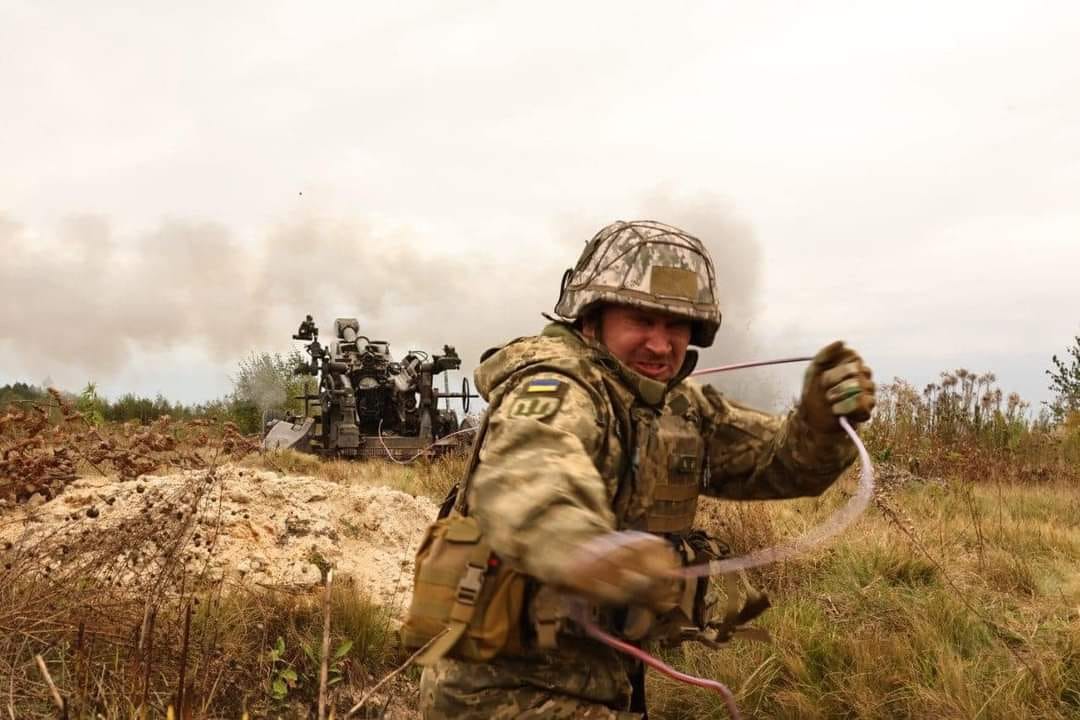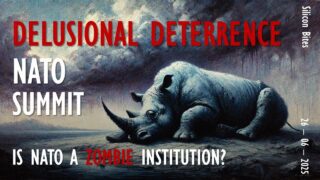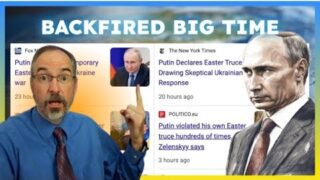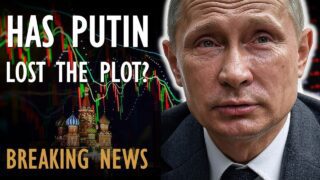
Opinion: Biden’s reluctance to use NATO deterrence backfired in Ukraine
The Observer’s foreign affairs commentator Simon Tisdall argues that US President Joe Biden’s strategy to contain Russia’s war against Ukraine has “failed miserably” and led to devastating global consequences.
Russian officials frequently issue threats against NATO and resort to nuclear blackmail to influence Western military aid to Ukraine and maintain restrictions on Ukraine’s use of Western weapons. These threats appear effective, as demonstrated by the West’s ongoing hesitation to lift the long-standing ban on missile strikes inside Russia.These threats appear effective, as demonstrated by the West’s ongoing hesitation to lift the long-standing ban on missile strikes inside Russia.
In an opinion piece published on 26 October, Tisdall analyzes how Biden’s March 2022 Warsaw speech, which warned Russia against moving “on one single inch of NATO territory,” represented a flawed containment strategy that has now backfired.
According to Tisdall, the conflict has spread beyond its initial scope, affecting Poland and Romania through stray missiles and maritime attacks, while engulfing the Black Sea region and Belarus. The commentator notes that Putin now “claims that the West is already waging war on Russia and threatens it with nuclear weapons.”
The war has caused significant divisions within Western alliances, Tisdall argues, pointing to “US-Europe splits in NATO and within the EU” over issues such as troop deployment, long-range missiles, and Ukraine’s potential NATO membership.
“Neutral Sweden and Finland were panicked into joining Nato. The Baltic republics fear renewed Russian aggression. Hungary and Serbia appease the Kremlin. Italy wavers. No one feels safe,” the author wrote.
The commentator highlights key geopolitical shifts, particularly the strengthening China-Russia “no-limits” partnership. At a recent BRICS summit hosted by Putin, attendees included Iran, a new member, alongside potential candidates North Korea, Syria, Venezuela, and NATO member Türkiye – an inclusion Tisdall calls “alarming.”
In addition to significant human losses, the economic toll has been severe, with the World Bank estimating $152 billion in direct damage to Ukraine within the first two years, while the UN projects $486 billion will be required for recovery and reconstruction, according to the commentator.
He concludes that Biden should have threatened direct NATO involvement before the invasion, suggesting that Putin, “coward that he is, he probably would have” backed down.
Related:













